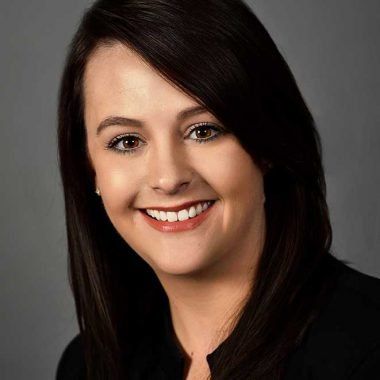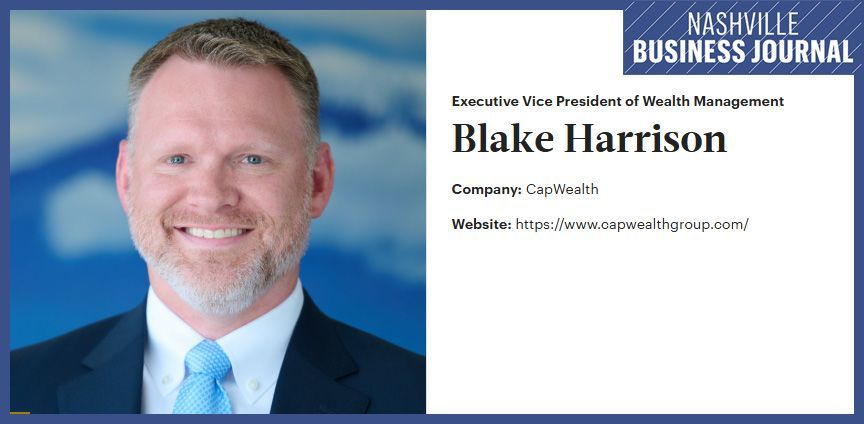Top companies enter the market, Lyft-ing awareness of IPOs
April 22, 2019
Lyft officially became a publicly traded company on March 29, 2019. Close behind, Uber filed paperwork with regulators to go public just a few weeks later on April 11. With these two very popular companies hitting the stock market and others like Slack and Pinterest eyeing a 2019 entry, it seemed like a good time for a crash course on initial public offerings (IPO) and how companies become publicly traded.
An IPO is the first sale of stock issued by a company that has followed the steps laid out by the Securities and Exchange Commission to go public. Before this, the company was owned by private shareholders. After going public, the company will be required to publicly report earnings to shareholders and to the SEC.
While being a publicly traded company offers the opportunity to raise more capital, increase liquidity, offer employees stock options and improve brand awareness, there are drawbacks. It takes a lot of time and expense to turn a company public. The company will also become responsible for reporting to the SEC, and to shareholders, creating a continued expense and increasing liability. And, a privately owned company offers executives more power in controlling how the company is run.
Some of the biggest privately held companies include the candy brand Mars, Publix, Koch Industries and Chick-fil-A, while some of the biggest public companies are JPMorgan Chase, Berkshire Hathaway, Apple and ExxonMobil. The first IPO occurred in 1602, with the formation of the Dutch East India Company, a group of merchant ships given exclusive rights to trade with the East Indies by royal decree.
In their IPO, the merchants raised capital to outfit a fleet of ships. Dividend yields ranged between 12% and 63% from 1602 to 1696, a period which saw the speculation of tulip bulb prices lead to the first market crash.
There are several steps a company must take in order to enter the market through an IPO.
- Choosing an investment bank : The company must have a bank or banks to underwrite the costs to sell the first public shares.
- Underwriting : The bank, or underwriter, must file several documents, including an S-1 for the SEC, a letter of intent and a registration statement. These documents lay out the company’s initial plan for potential shareholders, as well as certain cost promises to the bank.
- Pricing stock: The IPO must be approved by the SEC for the company to set an initial offering date. On the day before the company will go public, the offering price is released. Companies often underprice their initial stock to ensure they can sell as many shares as possible.
- Stabilization: The underwriting bank is responsible for ensuring the market stabilizes at a certain price for the security offered, which is often done by purchasing shares at or below the initial offering cost.
- Transition: The transition of a stock to market competition begins 25 days after the IPO, as mandated by the SEC. After this time period, the underwriter will provide the company with an estimate of their earnings and valuation.
If you want to get in on an IPO, consult your advisor to see if the company is worth your investment in the long term, or if it’s simply a flash in the pan.
Jennifer Pagliara, a CERTIFIED FINANCIAL PLANNER™, is executive vice president and financial adviser at CapWealth and a proud member of the Millennial Generation. Her column speaks to her peers and anyone else that wants to get ahead financially. For more information about Jennifer, visit
capwealthgroup.com
. This article published on The Tennessean on April 22, 2019.














